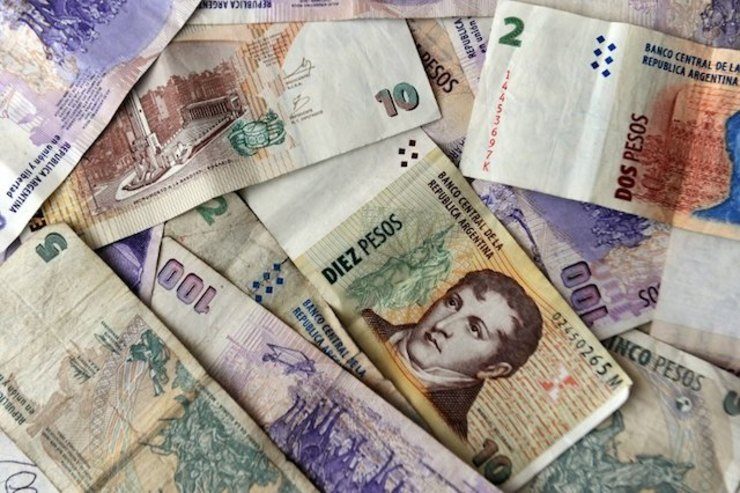SUMMARY
This is AI generated summarization, which may have errors. For context, always refer to the full article.

WASHINGTON DC, USA – The US Supreme Court Monday, June 16, turned back Argentina’s appeals against paying at least $1.3 billion to hedge fund investors in its defaulted bonds, piling pressure on the country’s finances.
The justices effectively upheld an August 2013 New York appeals court ruling that ordered Argentina to pay NML Capital and other hedge funds that had refused to participate in a restructuring deal for debt on which Buenos Aires defaulted in 2001.
That opened the way for NML and others to seek immediate payment on 100 percent of the face value of the bonds they hold, even though most of the country’s creditors took a huge writedown of their bonds to help the government rebuild its finances.
Monday’s ruling “is really the end of the road” for Argentina to avoid payment, said Richard Samp, chief counsel at the Washington Legal Foundation, which supported the legal case of the hedge funds.
“Really, there are only two options left to Argentina. It can try to negotiate some sort of payment terms with the holdout bond holders, or it can default on all of its foreign debt.”
Those prospects, and the strain that making higher debt payments could place on the Argentine economy, sent stocks and the peso tumbling in Buenos Aires.
The Merval index sank 10.1%, while the peso lost 1.7% against the dollar in the black market exchange.
Argentine President Cristina Kirchner, who has stubbornly fought what she denounces as “vulture funds” trying to destroy her country, responded to the ruling, saying that there would be no default in payment of Argentina’s restructured debt.
Kirchner also lashed out at efforts at “extortion” in the wake of the court ruling.
Buenos Aires had argued in court that a ruling for the hedge funds would force it back into default on its debt. But Ramiro Castineira, of the consultant Econometrica in Buenos Aires, downplayed that likelihood.
“The market is only reacting to the possibility of whether the government will comply with the decision, and not over whether it has the capacity to pay. Because they know it does,” he told Agence France-Presse.
Will Argentina pay up now?
Anna Gelpern, an expert in sovereign finance at Georgetown Law School and the Peterson Institute in Washington, said Argentina could likely easily pay the so-called restructuring holdouts who sued Argentina – principally NML and Aurelius Capital.
But she said that the ruling empowers all other holdouts to seek payment, which could bring the total cost of the battle to nearly $15 billion.
And that is in addition to what the country has to pay the majority of its creditors, the “exchange bondholders”, who joined the 2005 and 2010 restructuring deal.
“This would take time, and Argentina is just about out of time – it has weeks, not quarters – not enough time for a face-saving political transition. This in turn might raise the risk of inadvertent default,” she said.
The ruling also has ramifications for global sovereign debt markets, especially restructurings of defaulted debt that require creditors to agree and have traditionally punished holdouts who do not accept writedowns.
Experts said it would likely make crafting restructurings more difficult, since there would possibly be less incentive to accept writedowns.
JubileeUSA, which speaks for a number of anti-poverty organizations, said it was dismayed that the court had rewarded speculators while harming the interests of the majority of bondholders.
“Unfortunately the Supreme Court said to the financial world that this behavior is considered to be legitimate and, even more, profitable,” said Jubilee executive director Eric Lecompte.
“This totally undermines how the financial system restructures debts.”
The court dismissed two challenges by Argentina. One was on whether it had to repay the holdouts the full value of their bonds while repaying the exchange bondholders much less.
The second was on whether Argentina is protected under US law from creditors seeking information on Argentine government assets in and outside the United States, in case they seek to seize those assets.
On the first issue, the court made no comment, while on the second, the court ruled that the US Foreign Sovereign Immunities Act does not protect the country from “discovery” of its assets.
A third challenge, by the exchange bondholders, was also turned back by the court with no comment. – Rappler.com
Add a comment
How does this make you feel?
There are no comments yet. Add your comment to start the conversation.